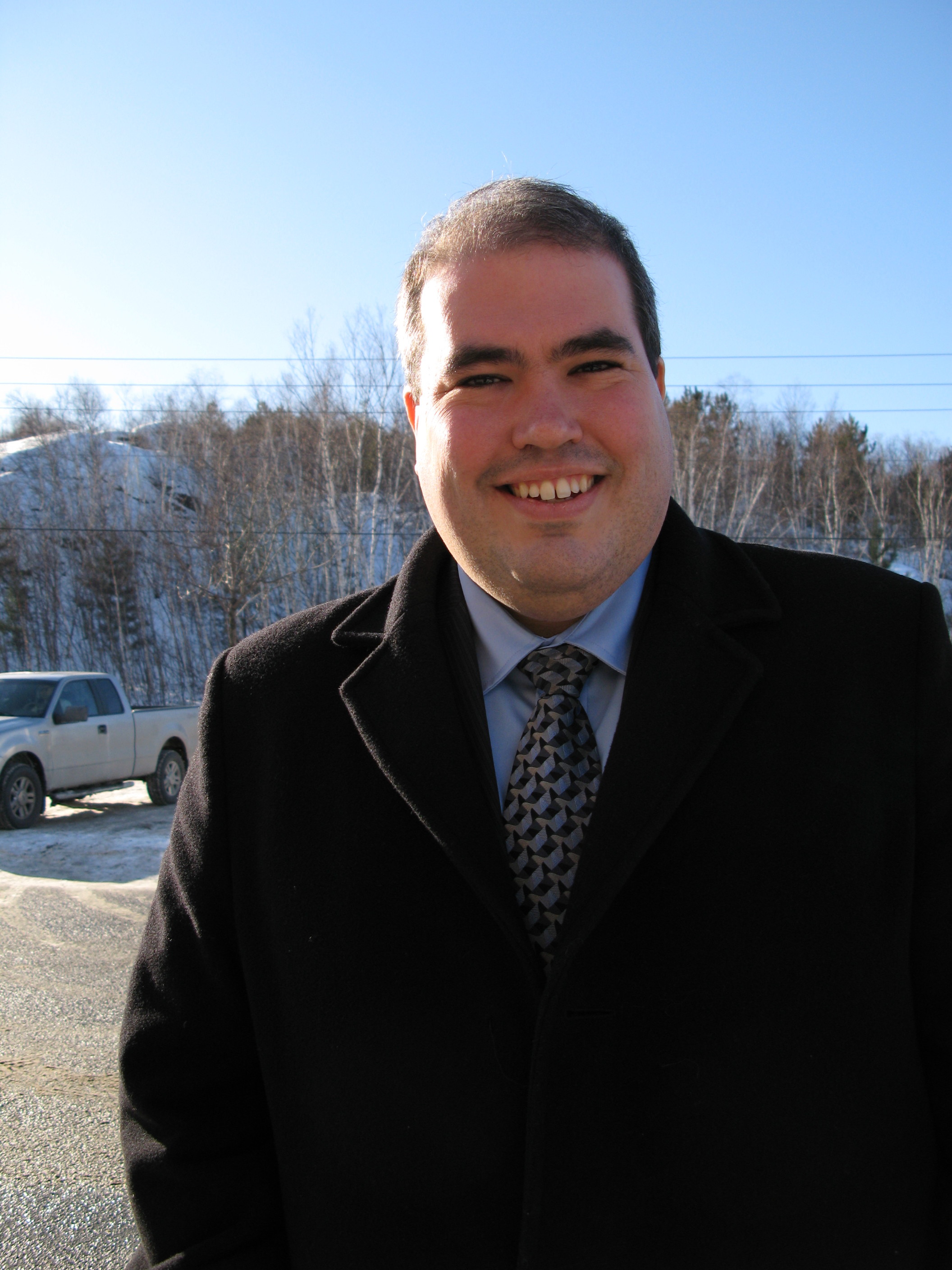By Kayla Perry, Editor-in-Chief
This Q and A is the fourth and final interview in the President Series. In each issue, I had the chance to sit down with a president from each of the federated universities, discussing what makes each of the universities unique: we’ve discussed everything from programs to faculty to the residences offered. My first interview was with Pierre Zundel, the President and Vice-Chancellor of the University of Sudbury.
For the second interview, I sat down with Robert Derrenbacker, President and Chaplain of Thorneloe University.
In my third interview, I met with Kevin McCormick, President and Vice Chancellor of Huntington University.
In this issue, the segment ends with a Q and A with Laurentian University President and Vice-Chancellor Dominic Giroux.
Q: Can you run me through your day-to-day life as President and Vice Chancellor of Laurentian University?
A: I often say that I see five major roles for a university president: the first one is around academic leadership, and I’m the present Chair of senate. As chair of senate I need to make sure that the academic decision making runs smoothly, and the decisions that the university needs to make around academic programs happen smoothly. The other one is more around administrative leadership: I’m the only employee that reports to the Board of Governors at the university. The board is composed by 25 voting members, and that includes community members and students. My job is to provide them with advice, but to also ensure that those decisions are implemented by the staff of the university. Then the third role is that of a team leader. I have eight direct reports: three vice presidents, two executive directors, a Chief of Advancement Officer, a Chief of Staff, and the University Secretary… We have an outstanding team, and we meet weekly to compare notes on how everyone’s doing and implementing their plans. Sometimes I need to clarify expectations, and I often ask, “How can I help?” The last two roles are quite important: the external role of taking part in community events, maintaining relationships with donors, alumni, government, meeting with the media, and then the fifth more is more being the internal connector: meeting with departments and schools, student association executives, essentially helping people connect the dots.
Q: What is the most difficult of your job?
A: I know it may sound like a boring answer, but it’s scheduling. There are so many things that a president can do, and there are so many things that people expect the president to do, that it’s really the most challenging part to just keep the balance between those five things which I perceive to be the five roles of the president: if as president, I don’t pay attention to one of those five functions, then things do not go as smoothly as they could or should. There are so many hours in a day, so it’s about keeping that balance but still being very visible on campus, connecting with students, faculty and stuff… Of course, there are always difficult decisions to make, but because we have such a strong team, that yes there can be conversations at times on specific items, but I find that particular process is relatively smooth.
Q: What advice can you offer first year students struggling to maintain GPA’s and dealing with the stress of university?
A: Get off social media for a while. I’d say minimizing time spent on social media, marking time to unwind and take care of yourself, and planning your use of time. I remember when I had exam periods and so forth: there’s only so many hours in a day, so what I found as a student was that if I was able to plan how to use the hours of the next few days, it was rather effective. Of course, there’s always the natural need to be in class, do the homework, engage with students and faculty, and make use for the Centre for Academic Excellence, but I’m taking that as a given. We’re here to support students in their journey, and want them to be successful, so making use of resources and planning time to unwind. Also, to not worry about jobs, or what might happen after graduation: get through school first, and the rest will come.
Q: We’ve seen from the Maclean’s rankings (released last year) that Laurentian is known as a primarily undergraduate university: would you like the university to become known for it’s post-graduate opportunities as well?
A: Yes, we want to see graduate expansion. We do not necessarily aspire to switch categories, if you will, from primarily undergraduate to comprehensive… I’ve been pretty vocal over the years about what I call the gap of graduate programs in Northern Ontario. If the proportion of master and Ph.D. students in the North were relative to those in Southern universities, there would be 800 more masters and 500 more Ph.D. students in the North today. Now obviously we won’t get there overnight: the province sets a cap on graduate spaces in each university, which is not a bad thing because we do not want a free for all on the Masters or Ph.D. level, but my view is that the cap at Laurentian University is relatively low. This summer, we were successful with the province in securing one of the highest increases in graduate spaces, with a 20% increase in the next two years alone, and that does not include a Masters of Architecture, which is to be launched in 2017-18. Based on the approvals we’ve received already, we can expect 200 more graduate students by 2018. Definitely in the coming years, there’ll be greater effort in graduate studies expansion across all faculties.
Q: What does studying in Northern Ontario offer university students?
A: I think Laurentian University reflects the Canadian mosaic, with its English speaking population, French speaking population, strong Indigenous representation and international student representation. That’s quite a unique and rich university experience.

